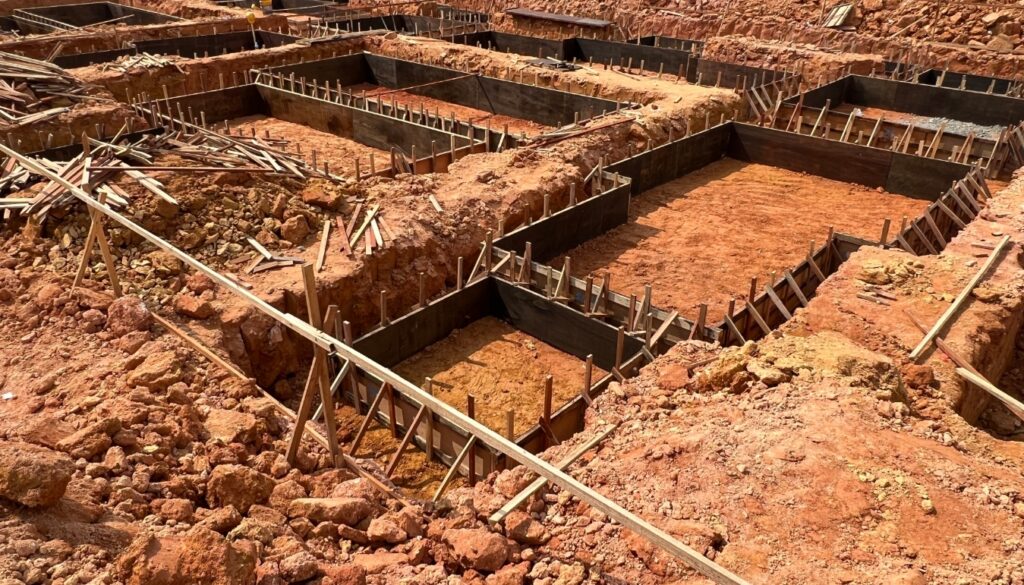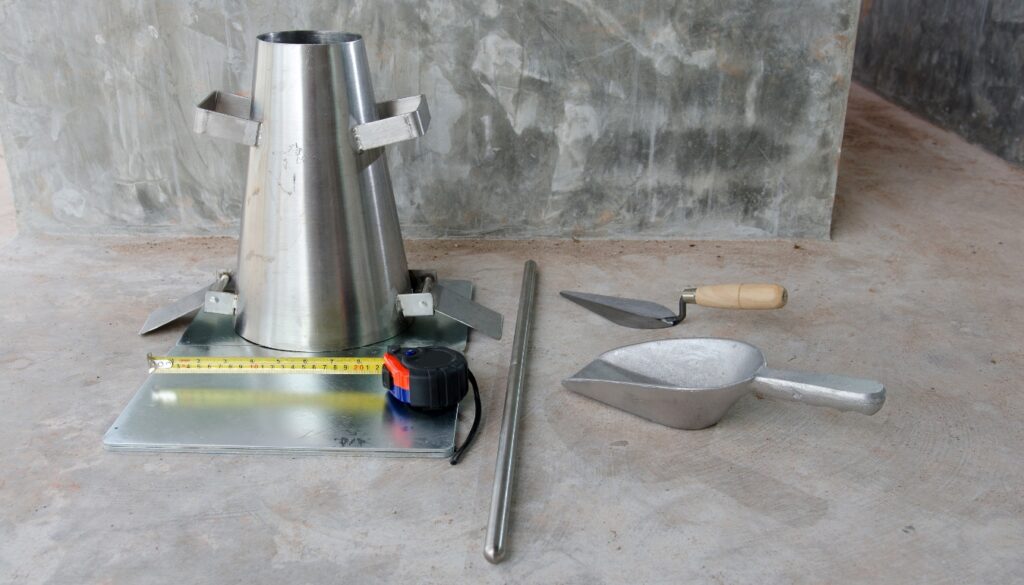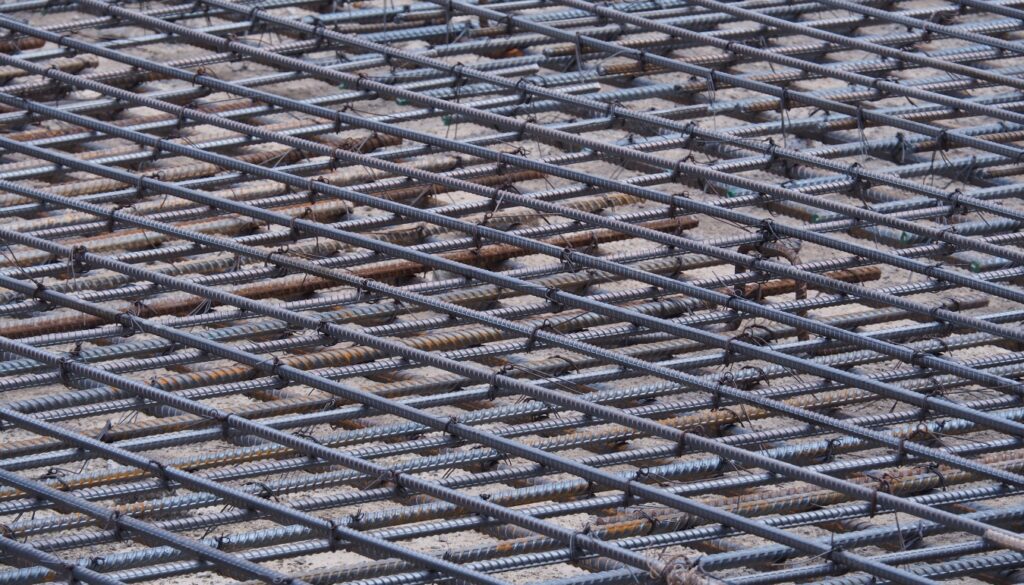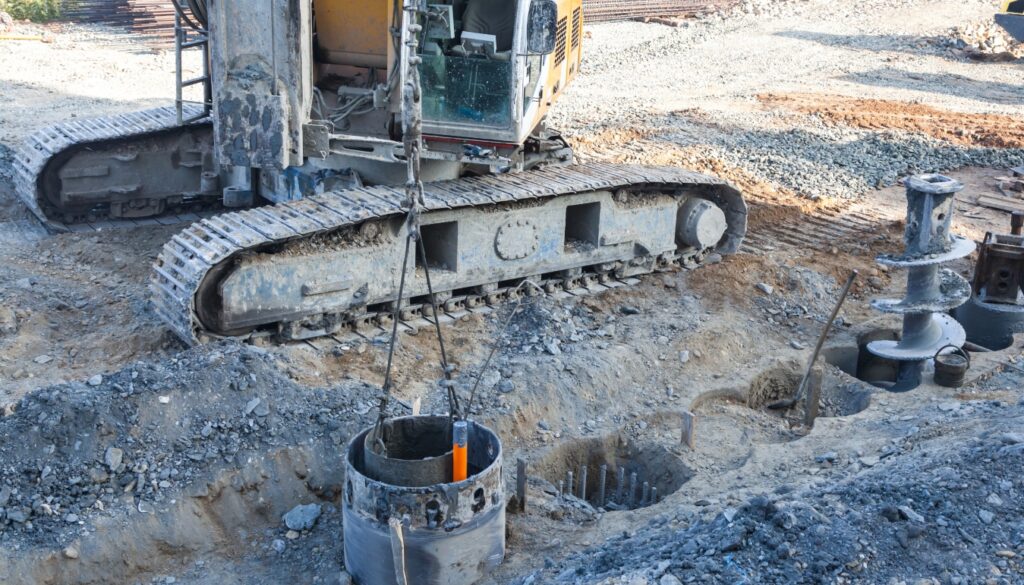Construction monitoring is the systematic oversight of construction projects to ensure they proceed according to plans, budgets, and quality standards. It involves regular inspections, progress tracking, and adherence to safety and environmental regulations. Key objectives include preventing delays, cost overruns, and defects, while promoting safety and compliance. Construction monitors document activities, assess risks, and make timely decisions to optimize project outcomes. This process is essential for stakeholders to maintain control, mitigate issues, and ensure successful project completion, from small-scale developments to large infrastructure projects. We provide construction monitoring and construction materials testing services in Alberta.

Geotechnical Review
Geotechnical review is a critical evaluation of soil and subsurface conditions at a construction site. It involves studying soil properties, composition, and stability to assess potential risks and inform engineering decisions. Geotechnical experts analyze data from soil tests and geological studies, providing insights on foundation design, slope stability, and construction methods. This review helps ensure that projects are built safely, efficiently, and in compliance with environmental and safety standards, minimizing the risk of ground-related issues.

Construction Materials Testing
Construction materials testing involves evaluating the properties and quality of materials used in construction projects. This process includes testing materials like concrete, asphalt, steel, and aggregates to ensure they meet industry standards and specifications. Various tests, such as compression tests for concrete strength or sieve analysis for grading aggregates, are conducted to assess their durability, strength, and suitability. By verifying material quality, construction materials testing helps ensure the safety, longevity, and reliability of structures in building and infrastructure projects.

Rebar Checking
Rebar checking is a crucial construction quality control process. It involves inspecting and verifying the correct placement and alignment of reinforcing steel bars (rebar) within concrete structures. This ensures that the rebar conforms to the project's specifications and engineering standards. Inspectors assess bar size, spacing, overlap, and corrosion to ensure structural integrity and safety. Proper rebar checking is essential to prevent structural failures and ensure the durability and strength of the concrete elements in buildings and infrastructure.

Pile Construction Monitoring
Pile construction monitoring is the systematic oversight and assessment of pile installation processes to ensure structural integrity and safety. It involves tracking variables such as pile depth, alignment, and bearing capacity, using various tools like inclinometers, load cells, and vibration sensors. Continuous monitoring helps identify potential issues, allowing for timely adjustments or corrections, ultimately ensuring the stability and effectiveness of foundation piles in construction projects.

Vibration Montitoring
Vibration monitoring on construction sites is vital for ensuring structural integrity and safety. By continuously measuring vibrations from heavy machinery and blasting; this technology helps prevent damage to nearby structures and infrastructure. Advanced sensors provide real-time data, enabling engineers to efficiently assess and manage potential risks. Implementing vibration monitoring adheres to regulatory standards, protects sensitive equipment, and ensures worker safety. This proactive approach minimizes costly delays and repairs, ensuring construction projects proceed smoothly while safeguarding surrounding areas. Vibration monitoring is essential for maintaining high safety and quality standards in the construction industry.

Floor Flatness Testing
Floor flatness testing is crucial for ensuring the quality and performance of concrete floors in commercial and industrial environments. This process measures the smoothness and levelness of floor surfaces to meet industry standards like ASTM E1155. Utilizing precise instruments, engineers detect deviations that could affect functionality, such as improper drainage and equipment operation issues. Identifying and correcting these irregularities early enhances floor durability and performance. Incorporating floor flatness testing into construction protocols guarantees high-quality flooring, contributing to the facility's overall efficiency, safety, and longevity.

Project Management
Project management is the process of planning, organizing, and executing a project from start to finish, with the goal of achieving specific objectives within a defined scope, timeline, and budget. Effective project management requires strong leadership, communication, and problem-solving skills. Project managers must be able to lead a team, communicate with stakeholders, identify and manage risks, and adapt to changing circumstances.
We provide project management services for engineering projects in Alberta with comprehensive support for design, construction, and cost monitoring.

